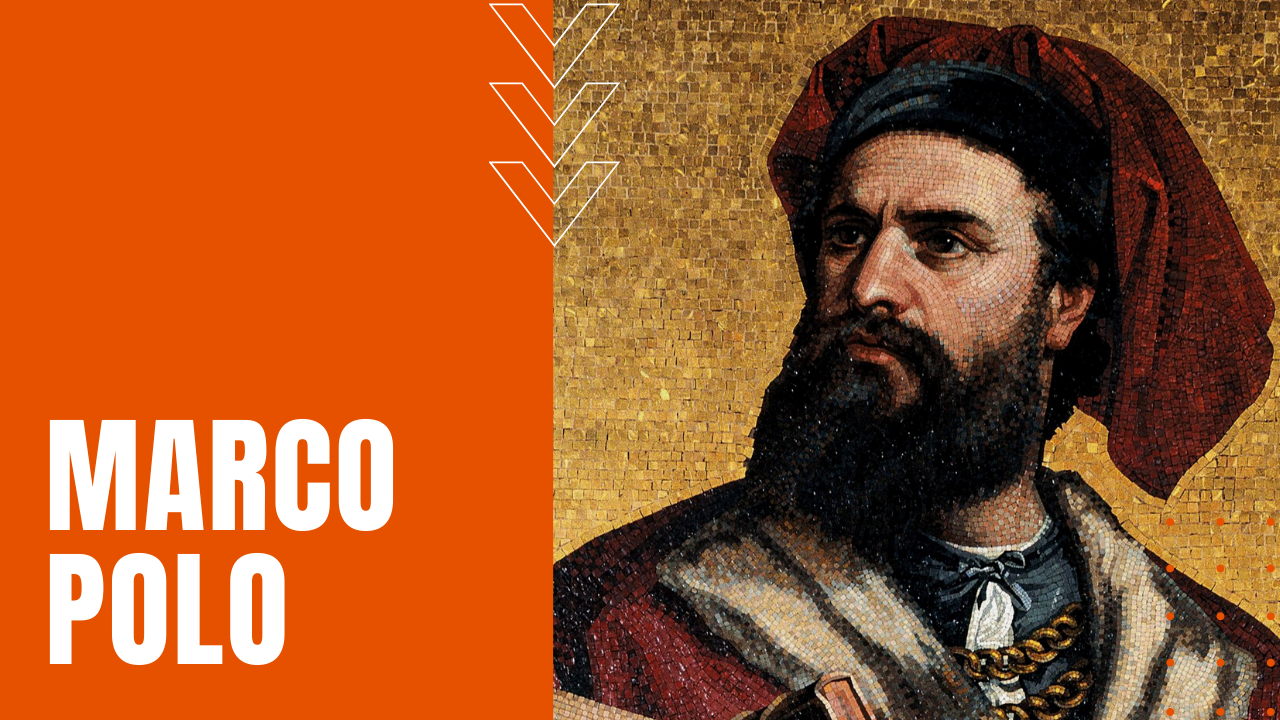Marco Polo: Travels Through 13th-Century Asia

Born in 1254 Venice Italy, Marco Polo learned the mercantile trade from his father and uncle, Niccolo and Maffeo, who first met 15-year-old Marco in 1269, after an equally long journey into Asia where the two traders met Yuan Dynasty Mongol emperor, Kublai Khan.
Marco Polo’s Travels in Asia
Niccolo and Maffeo’s return to Venice was in response to Kublai Khan’s request to bring back oil from the lamp of Jerusalem, as well as a written request to the Pope in Rome, seeking 100 Christians acquainted with the Seven Arts, which comprised grammar, rhetoric, logic, geometry, arithmetic, music and astronomy. Soon after their reunion, Marco joined his father and uncle on an epic journey back to Asia, following the Silk Road into China, where in 1272 they were received yet again by the royal court of Kublai Khan.
The emperor was taken by Marco’s intelligence and humility, appointing the young man to serve as Khan’s foreign emissary. In response, Marco was sent out on diplomatic missions throughout the Asian continent, including present-day Burma, India, Indonesia, Sri Lanka and Vietnam, as well as extensive travels through China that went on for 17 years.
Sometime around 1291, the Polos accompanied 17-year-old Mongol princess Kokochin on a wedding voyage to Persia—a two-year sailing journey involving 600 men and women. By the time of their arrival, only 18 in the wedding party remained alive, including the princess and the Polos.
Biography of Marco Polo’s Adventures
When the Polos returned home after a 24-year absence, Marco was captured and thrown in prison due to a war between Venice and Genoa, where his cellmate was the popular romance novelist, Rustichello da Pisa, who dictated Marco’s adventures in the Orient.
Marco published his wildly popular The Travels of Marco Polo upon his release from prison in 1299, and while the book has been criticized as dramatically embellished by Rustichello, the book provided Europeans with a vivid picture of the East’s geography and customs, including the first Western record of porcelain, coal, gunpowder and paper money.
Marco’s written account would later inspire the likes of Christopher Columbus and many other travelers, while profoundly influencing European cartography and the introduction of the Fra Mauro map. After settling in Venice, Marco became a wealthy merchant, raising three children with his wife, Donata, before passing away in 1324 at 70 years of age. On his deathbed, Marco Polo uttered his now famous last words:
“I have only told the half of what I saw!”
Marco Polo
